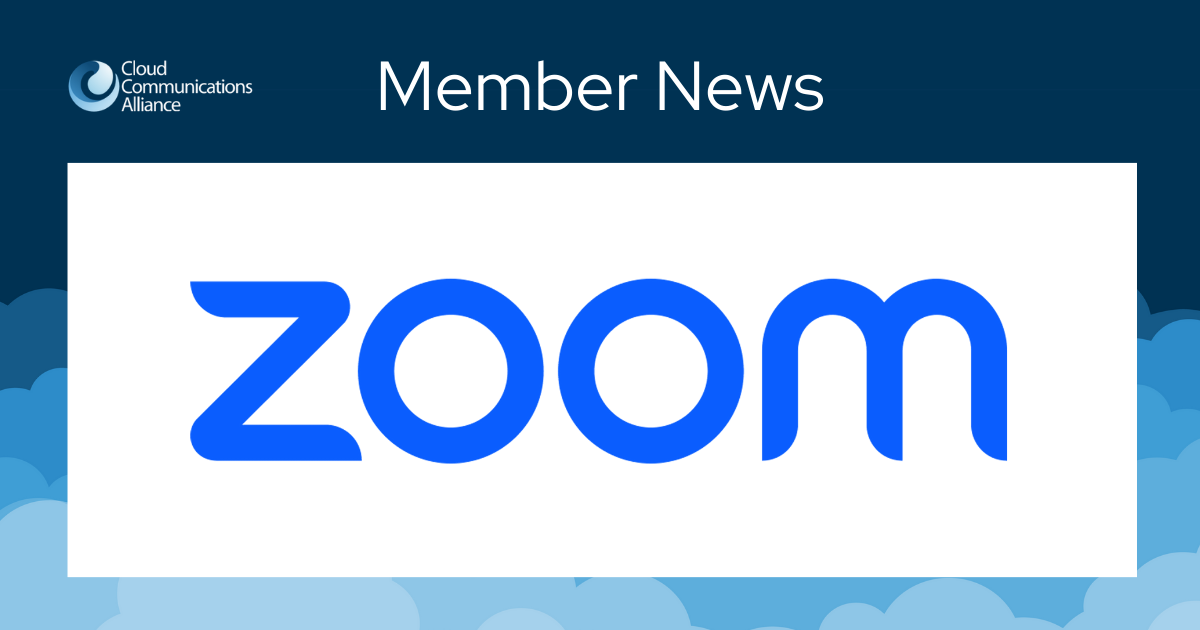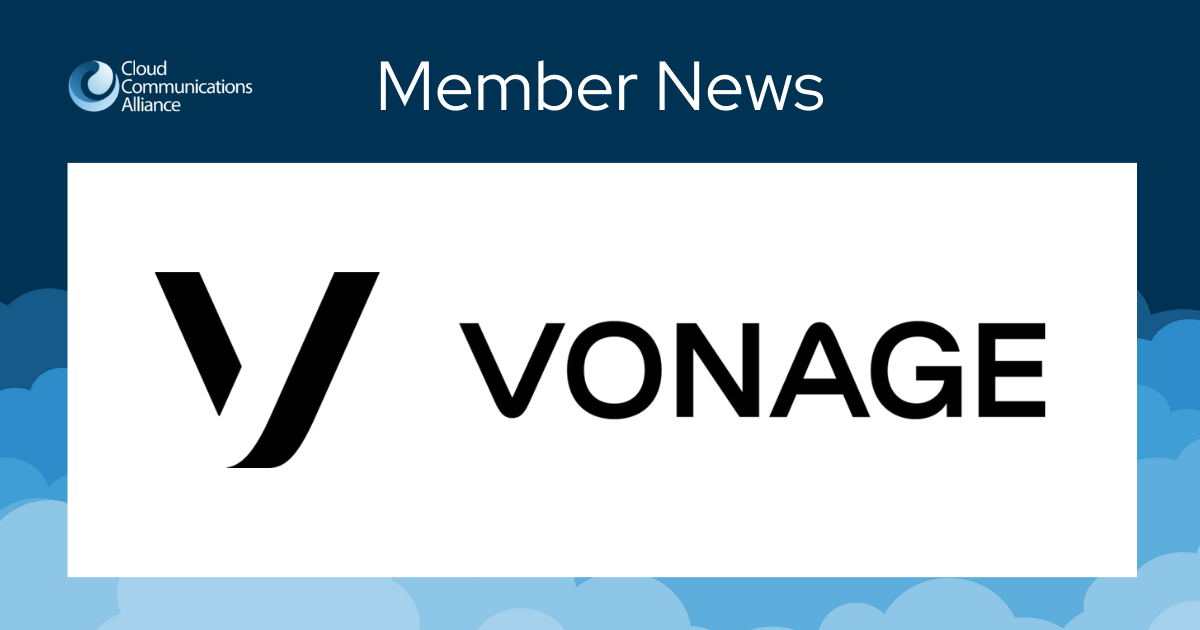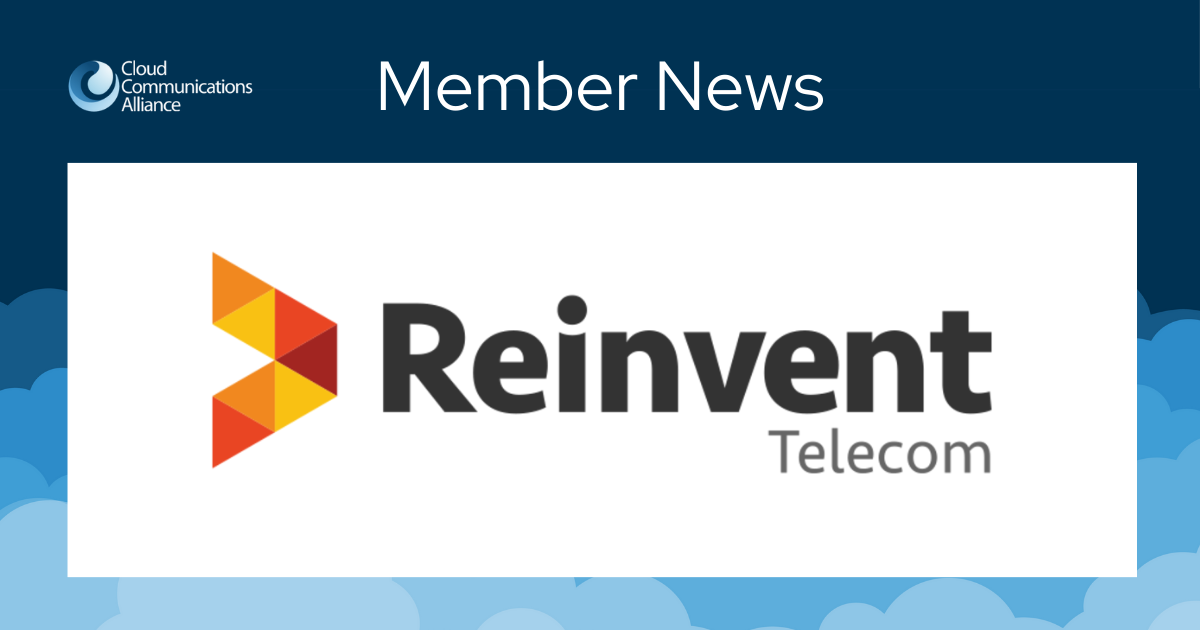Client Advisory: EU Court Declares SkypeOut (One-Way I-VoIP) to be Regulated Electronic Communications Services

On 5 June 2019, the Court of Justice of the EU (CJEU) published its decision the classification of SkypeOut in the EU following a request for a preliminary ruling from the Belgian Courts.
The CJEU determined that the SkypeOut service is an electronic communications service (ECS), as defined in the Framework Directive (Directive 2002/21/EC, as amended). As a result, SkypeOut should be considered a regulated telecommunications service and therefore subject to various regulatory obligations in the EU, including registration/notification (depending on the national regime), payment of administrative fees, security, and consumer protection measures such as minimum contract terms and transparency requirements.
The ruling has wider implications both under the current regime and the future EU Electronic Communications Code (EECC), which must be transposed into each Member State’s national law by December 2020. The main implication under the current rules is that Member States must now interpret the definition of ECS to include interconnected VoIP, similar to SkypeOut. This should lead to a less fragmented approach throughout the EU.
However, the flip-side is the impact on non-interconnected VoIP services. The preliminary ruling suggests that non-interconnected VoIP, including online messaging and email services, would not constitute an ECS to the extent that it does not consist “wholly or mainly” of the conveyance of signals. Regulators across the EU have sought to classify such services as ECS in the past. Indeed, the ruling seems to indicate that over-the-top (OTT) services that do not have the ability to call landline and mobile numbers should not be considered ECS under the current regime. However, where an operator is responsible for the resale of connectivity to the PSTN or Internet, it is likely to be considered responsible for the conveyance of signals and will therefore fall within the current definition of ECS.
The question remains whether just downloading or uploading data packets from servers would also amount to being responsible for the conveyance of signals. This is the question that the CJEU will need to answer in the Gmail Case, another preliminary ruling referral from the Administrative Court in Germany. The decision on which is pending and is expected to be decided in the early summer. Based on the Skype ruling, it would be reasonable to expect that the CJEU is not likely to consider Gmail to constitute an ECS under the current system.


